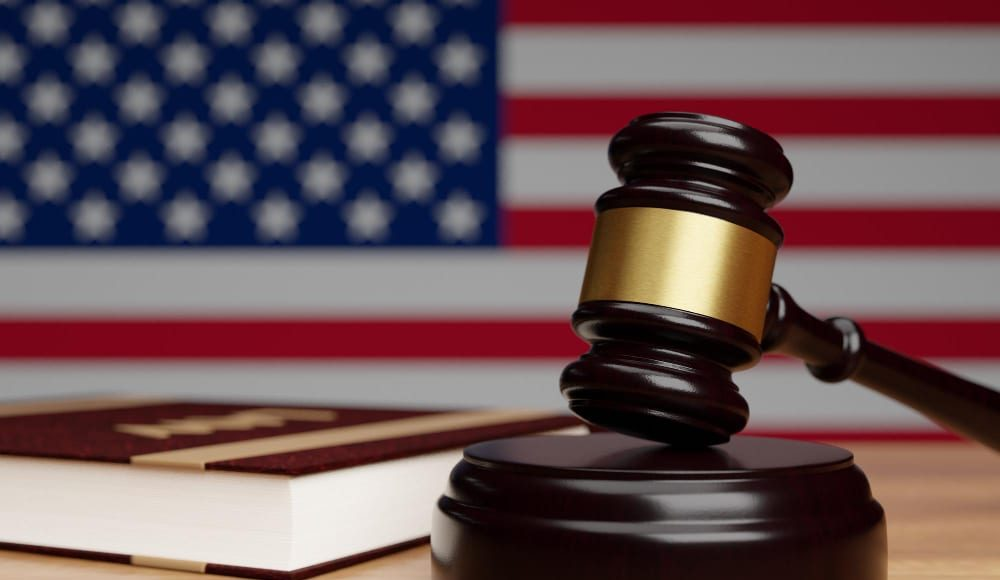
The legal saga resulting from the FDA's rejection of flavoured vaping products continues...
Since 2016, vaping products and/or e-cigarettes have been classified as tobacco products, subject to the Food and Drug Administration’s (FDA) oversight under the Tobacco Control Act of 2009. Manufacturers must demonstrate their products provide a net public health benefit, such as aiding smokers in transitioning away from traditional cigarettes, without posing undue risks to youth.
The U.S. Supreme Court recently heard arguments in a case examining the FDA’s decision to deny applications for flavoured vapes from two manufacturers. The case involved significant questions about regulatory procedures, public health, and the appeal of flavoured vapes to youth.
The FDA has broadly rejected flavoured vapes, approving only 34 varieties, limited to tobacco or menthol flavours. While not a blanket ban, the stringent requirements make approvals challenging, particularly for flavours deemed attractive to minors.
In 2022, the FDA had denied applications submitted by Triton Distribution and Vapetasia for flavoured vapes, citing concerns about their appeal to minors. The rejected products included flavours such as sour grape, pink lemonade, and crème brûlée, which critics argue were designed to attract young users.
Meanwhile, research consistently highlights the importance of vape flavours in helping adult smokers transition to safer alternatives like e-cigarettes. Flavours enhance the appeal and satisfaction of vaping, reducing reliance on traditional cigarettes. Studies show that access to diverse flavours improves quit rates and supports long-term abstinence from smoking, promoting harm reduction efforts.
The FDA’s confusing standards
Moreover, the companies challenged the FDA’s decision, on grounds that the agency had applied shifting regulatory standards that deviated from published guidance, violating the Administrative Procedure Act. A lower court had previously sided with the companies, finding the FDA’s actions arbitrary and capricious. However, the Biden administration had appealed the ruling, leading to the current Supreme Court review.
Subsequently in 2022, the Fifth Circuit Court of Appeals had rejected Triton’s request to review the marketing denial order (MDO) issued by the FDA in September 2021. At the time, after listening to arguments against the FDA’s arbitrary and capricious PMTA rejections from dozens of lawsuits, the court had heard from Triton’s lawyer Eric Heyer, who had questioned what the justifications for the FDA’s decisions were, whilst referring to comparable applications by many other denied companies.
In response to these arguments, the Fifth Circuit had like the Eleventh Circuit Court of Appeals, had allowed the rejected products to stay on the market, at least for the duration of the lawsuit.
Meanwhile, during the recent hearing, justices once again appeared divided on some of the issues raised. Discussing the disputed lack of transparency on the FDA’s part, liberal Justice Elena Kagan argued the FDA had been clear about its regulatory stance on flavoured vapes all along, due their known risks to youth. Conservative Justice Amy Coney Barrett expressed skepticism about the companies’ claim that courts should rely on applicants’ interpretations of regulatory guidance. While Justice Clarence Thomas questioned whether the FDA’s requirements represented a “moving target,” to which the FDA’s lawyer, Curtis Gannon, responded that the risks of youth addiction to nicotine were central to the agency’s concerns.
The implications of the lawsuit
Expected in June, the Supreme Court’s decision is expected to have broad implications for regulatory authority and public health. A ruling in favour of Triton and Vapetasia might limit the FDA’s discretion in evaluating e-cigarette products, potentially opening the door for more flavoured options. Conversely, upholding the FDA’s decision would reinforce the agency’s harsh stance towards flavours. The case highlights shifting political dynamics, with industry representatives suggesting that a potential change in administration could influence federal vaping policies.
